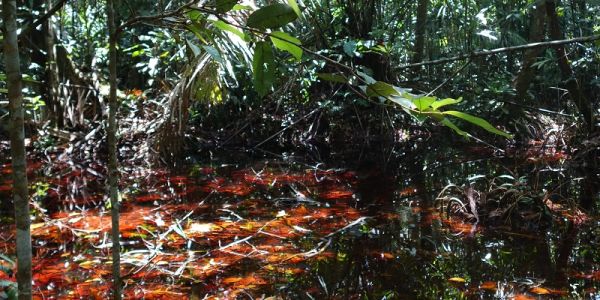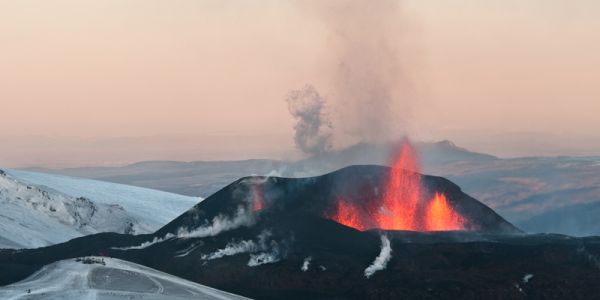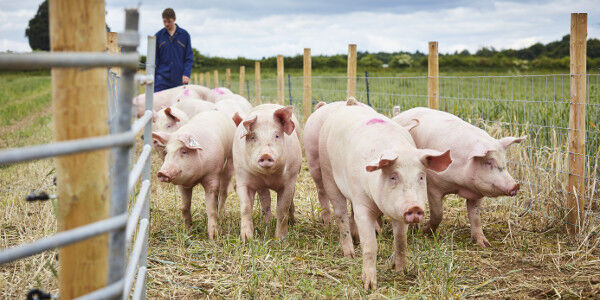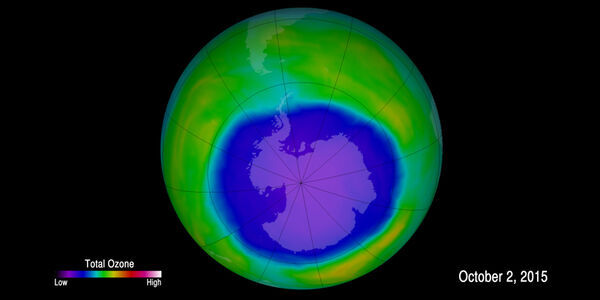
World’s largest tropical peatland discovered in Congo swamps
A vast peatland in the Congo Basin has been mapped for the first time, revealing it to be the largest in the tropics.

A vast peatland in the Congo Basin has been mapped for the first time, revealing it to be the largest in the tropics.

Holidaymakers concerned about fresh volcanic eruptions causing flight-disrupting ash clouds might be reassured by a study setting out the first reliable estimates of their frequency.

Closer relations between two leading international universities have been confirmed this week following top-level meetings which will strengthen UK-China research and teaching opportunities.

The way in which man-made acids in the atmosphere interact with the dust that nourishes our oceans has been quantified by scientists for the first time.

Yorkshire will soon become one of the best places in Europe for pig research, thanks to significant investment from the University of Leeds and the Government.

A new £6 million project led by the University of Leeds is predicted to bring a £50 million benefit to the Yorkshire economy by reducing the costs and impact of water-related threats to the region.

In a study led by the University of Leeds, scientists have solved one of the most long-standing challenges in atmospheric science: to understand how particles are formed in the atmosphere.

The most extensive land-based study of the effect of drought on Amazonian rainforests to date has shown that a recent drought completely shut down the Amazon Basin’s carbon sink.

Robots rarely get a good press. They’re either turning rogue, trying to control the human race as in The Matrix, or wreaking a path of destruction to kill the hero in Will Smith’s I, Robot.

Scientists have observed clear signs that the hole in the Antarctic ozone layer is beginning to close.